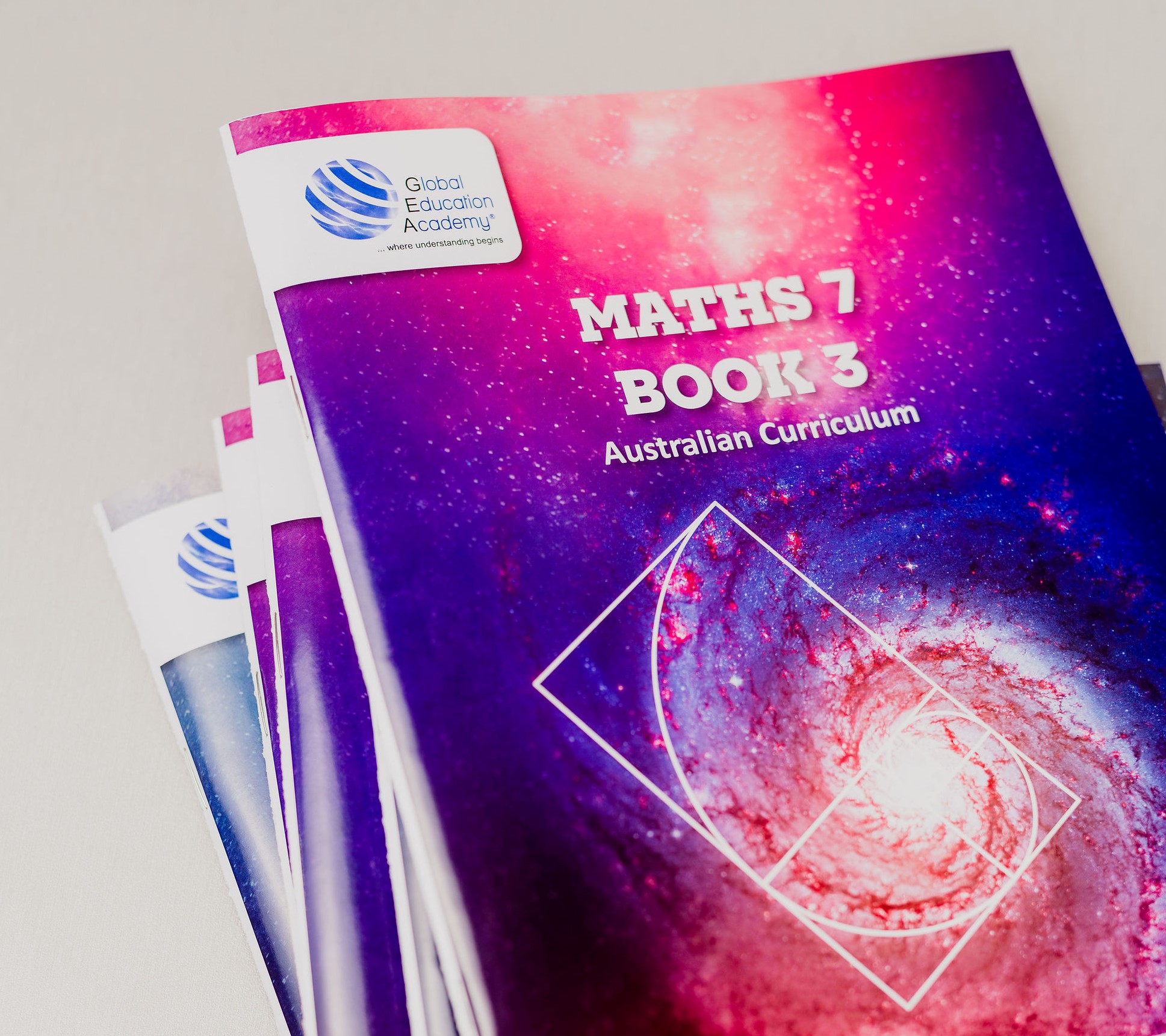
Our modern education system has a lot on its plate. There’s a very wide range of subjects and categories we expect schools to teach over the course of our children’s education.
But as the curriculum continues to expand, the core subjects are given less and less time across the school week.
Is this having an effect on the standard of education our children are receiving?
As we wrote about in our recent blog (read it here), the 2019 NAPLAN results show that Aussie kids are not performing to a satisfactory level in the basics of maths and English. This indicates that the current curriculum isn’t teaching the core subjects well enough and it’s our kids who are going to suffer.
But research from the University of Tasmania in 20161 indicates that simply allotting more hours in the week to teach maths doesn’t raise our children’s mathematics results.
This finding could leave parents scratching their heads over where the problem lies. And you’d be right to wonder.
What we’ve found, here at GEA, is that if the curriculum’s approach to teaching maths isn’t good, if the quality of the teaching is poor, if the syllabus and the textbooks aren’t right, more teaching time won’t produce better results.
Quality teaching of a quality mathematics syllabus, delivered in a way designed to instil quality learning, is what is going to make the most difference.
Kids need to be taught in a manner that allows them to deeply understand and integrate principles, so they can convert them into accessible skills. These skills are then available to the child whenever they encounter a question or problem they need to solve.
Unfortunately, our education system seems to have missed this vital part of teaching theory. And it’s showing in the result our kids are achieving.
In 2016, Maya Thiagarajan wrote a comprehensive article for the Financial Review2 that explored how certain cultures promote the importance of teaching kids the fundamental principles and foundations of maths at a young age and this may well affect the ability of those children to do well, not only in future mathematics but in all subjects.
The good news in Thiagarajan’s article is that parents play a significant role in developing their child’s interest in and love for maths. That puts the power back into the hands of parents, which is good news for kids whose parents are concerned about the quality of their education.







